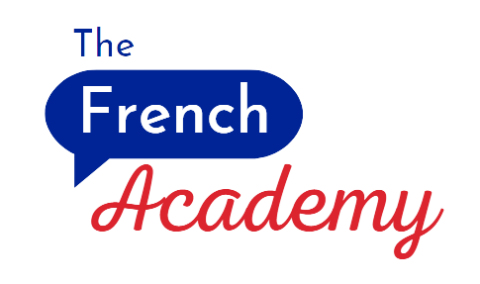What does « Avoir quelque chose sur le bout de la langue » mean?
Introduction
You’ve probably already found yourself searching for a specific word or name, feeling like it might pop up at any moment… but it remains unfindable, yet seemingly within memory. In these moments, a French expression often comes up: “avoir quelque chose sur le bout de la langue” (to have something on the tip of your tongue). But what does this expression really mean? Where does it come from? And are there other similar expressions? That’s what we’ll discover in this article.
What does « Avoir quelque chose sur le bout de la langue » mean?
The expression « avoir quelque chose sur le bout de la langue » (having something on the tip of the tongue) means that one is on the verge of finding a word, information, or name, but is unable to do so completely. The knowledge is present in the mind, it seems very close, but remains momentarily inaccessible. This often causes a feeling of temporary frustration.
This expression is therefore used when we feel that we know something, without being able to express it immediately.
Example in context:
« Comment s’appelle déjà cet acteur ? Je l’ai sur le bout de la langue… attends, ça va me revenir ! » (What’s that actor’s name again? I have it on the tip of my tongue… wait, it’ll come back to me!).
In this example, the speaker is certain that he knows the name he is looking for, but it temporarily eludes him, even though he is on the verge of finding it.
What is the origin of this expression?
The expression dates back to the Middle Ages, when it was believed that memory was linked to moods and certain parts of the body. The tongue, the central organ of speech, already symbolized communication and elocution. To say that one has a word on the tip of one’s tongue was to illustrate the fact that one is ready to pronounce it, that it is almost there, at the edge of one’s lips.
Traces of this turn of phrase can also be found in several European languages, showing that this cognitive phenomenon is universal. In English, for example, we say « It’s on the tip of my tongue, » just like in French.
Similar expressions in French
The French language is full of expressions to talk about memory, forgetting, or difficulty finding a word. Here are a few examples:
- ▶ « Avoir un trou de mémoire » : refers to temporary forgetfulness, often linked to stress or fatigue.
- ▶ « Cela m’échappe » : indicates that one cannot remember information.
- ▶ « J’ai un blanc » : colloquial expression to evoke sudden forgetfulness, often in public.
All these turns of phrase bear witness to the complexity of our memory and the very precise sensations that it can provoke.
Conclusion
“Avoir quelque chose sur le bout de la langue” is an expression you’ve probably heard or used in your daily life. It accurately describes a phenomenon that everyone can experience: the feeling that the word you’re looking for is there, close by… but still out of reach.
Guide for beginners
French: where to start?
This guide with the basics of French will allow you to:
✨ Know how to get started learning French
✨ Quickly acquire basic conversational skills
✨ Be able to get by during a first trip to France
Ready to start your apprenticeship? Let’s go !

Information
Legal notice
GTC
Customer reviews
FAQ

